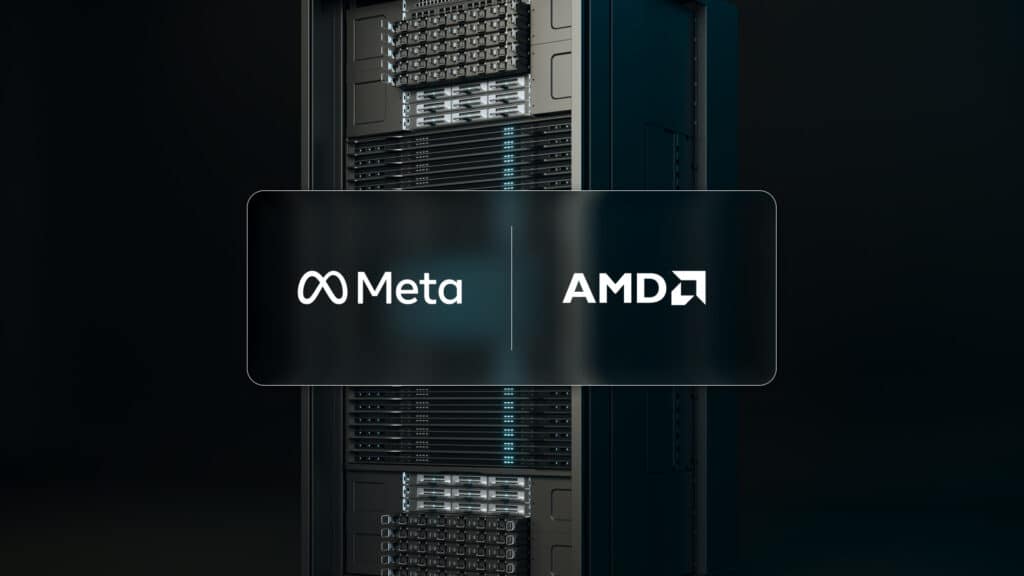Ayla Networks is using artificial intelligence (AI) and machine learning (ML) to process large amounts of customer data in real-time and help its clients predict and prevent problems with their devices and their networks.
The company has two target markets for its products: service provider networks and manufacturers; and retailers and other types of businesses that need an Internet of Things (IoT) platform to manage their devices.
According to CEO Jonathan Cobb, Ayla was founded more than a decade ago and originally focused on being a cloud-based IoT platform that managed devices. But Cobb says that a few years ago Ayla decided to tap the service provider market because it realized that service providers were collecting a lot of data about devices but weren’t able to effectively use that data to their advantage.
“Our platform is good at processing large amounts of device data,” he says. “And we have lots of internal experience in how networks work and how CPEs [customer premises equipment] work.”
Increasingly, telecom operators are turning to AI-based platforms like what Ayla Networks offers to handle customer care (CX). In a recent report from Dash Research on CX and the telecom industry, the company found the COVID-19 pandemic has prompted some telecom providers to increase their spending on CX software and services because of the rapid increase in demand for in-home telecom services, including voice, TV and internet. Plus, many are turning to cloud-based software platforms that use AI and automation.
Cable and Telecom Roots
Before joining Ayla, Cobb was the head of software and services at Pace, which was acquired by ARRIS in 2016. ARRIS was then acquired by Commscope in 2019. Cobb says his experience at Pace and ARRIS, which both have strong ties to the cable industry, helped him identify the opportunities for Ayla with cable companies and telecom providers.
But Cobb admits that the service provider CX market is still dominated by big players like Nokia and Ericsson that have worked in the industry for many years. “We are a small company and a private company, so the trick for us to get in the door was hiring the right sales people,” Cobb says.
In addition, Ayla Networks’ core competency is its AI-based CX platform. Most of the bigger competitors offer CX platforms in addition to manufacturing hardware equipment and selling all types of software platforms. And while there are bigger AI providers with lots of expertise in AI, these companies don’t have telecom or cable experience so they don’t really understand the data. “We put it all together,” Cobb says.
Finding Problems
One advantage of an AI-based CX platform is that it can process data in real-time and find glitches in networks and devices, often before it becomes apparent to the customer. This kind of knowledge allows the service provider to handle any issues before it becomes a big problem. In a highly competitive market like broadband, this type of proactive approach can be a differentiator for a company.
“We see this land grab game in broadband—where typically a service provider is winning a customer from another service provider—and the only way to compete is to differentiate with customer service,” Cobb says.
With an AI-based platform, Cobb says that service providers can go from “reactive support” to “proactive support” because the software, which is cloud-based, can examine anywhere from 50 to 100 different parameters to determine if there is a problem with the network, the gateway or the device. It can also determine if there is a firmware defect. After examining these parameters, the platform looks to see if there is a pattern and then makes recommendations for fixing that problem.
That type of proactive support helps companies solve issues before the customer has a bad experience. And not only does that keep customers from churning to competitors, it also can reduce costs with fewer truck rolls or device swaps. “Customers are happy and the churn rate goes down,” Cobb says.
The company recently raised $20 million in a round of financing led by Los Angeles-based equity firm Arrowroot Capital with participation from existing investors including Trinity Power Ltd., Voyager Capital and SJF Ventures.
Cobb says that the company plans to use the additional funding to build more products and add more features to its platform. It just released a unified recommendation engine that allows users to predict certain things and then make recommendations to customers to solve problems. For example, if an operator knows that a user may be experiencing slow browsing speeds, it could send them a message recommending that they reboot their device.
This is the type of proactive approach that the AI-based platform makes possible. “We will be doing more platform buildout and more machine learning modeling,” Cobb says.
Author Information
Sue is a Denver-based freelance technology journalist, editor and analyst with expertise writing about topics like 5G communications, cloud-native networking, edge computing, and more. She can cut through industry jargon and explain complex technology concepts to both non-engineers and business decision makers.
Previously she had served as the editor-in-chief at SDxCentral, covering news and information related to the software defined networking market. Before that, she served as the editor-in-chief of FierceWireless, which covers cellular, satellite and other telecommunications technologies and markets.
As an expert in her covered areas, Sue is a frequent speaker at technology industry events and has moderated panels for the Consumer Electronics Show, the Competitive Carriers’ Show, The Wireless Infrastructure Show, 5G North America, DC 5G, Interop, and more.
Sue Holds a Bachelor of Science in Journalism from University of Colorado, Boulder.






